Welcome to issue 41 of the Call to Comms!
This week, a member of TSF talked to us about his experience with TSF – his work, his memories, the challenges, from Haiti in 2010 to today’s many crises. Here is a snippet of our conversation.
Also this week: Tsunami Day, the situation in Gaza, in Yemen, and AI safety.
Looking back on 15 years of humanitarian work
Sebastien is a Regional Manager for TSF covering Europe, the Middle East and Africa (EMEA), Asia and the Pacific at TSF. In concrete terms, it means he’s “in charge of supervising the projects TSF is leading in support to communities affected by disasters in those regions and of developing partnerships to support existing projects or identify new ones.”
After over 15 years at TSF, including 10 years as Delegate for Asia and the Pacific, Sebastien has worked on countless humanitarian crises. When asked to pick a specific memory that stayed with him over the years, he chose instead to take us on a journey through the years, from his first major mission in 2010 to his most recent one.
Haiti, 2010
“We were supporting hundreds of humanitarians responding to the earthquake with just 1 slow satellite connection and 2 small Wi-Fi routers.”
The Philippines, 2013
“We reached villages over hundreds of kilometers along the coast affected by typhoon Haiyan.”
Vanuatu, 2015
“We were able to get on each of the main islands after Cyclone Pablo cut the links between them.”
Migration situation in Europe, since 2016
“TSF has been responding to the crisis since 2016, since the beginning. We work in two different refugee camps, in Bosnia-Herzegovina and Greece. We provide free Wi-fi for migrants to be able to contact their family when they get there, and do all the administrative procedures that they need to do to register for asylum in Europe.”
Ukraine and Poland, 2022
“We have teams working on both sides of the border, in Ukraine and Poland. In Poland, we work with Ukrainian refugees and we try to provide access to information on safety, education… Anything that could help them make better informed decisions. In Ukraine, TSF is providing free WiFi in accommodation centers [for internally displaced people] so they can reconnect to the world, to the internet, to their lives.”
During the last 2 years
“In the [Association of Southeast Asian Nations] ASEAN region, we were able to go one step further and share our knowledge over a 2 year project with their humanitarian response team so that they would have this capacity to support their own community.”
From emergency missions to capacity sharing and strengthening regional cooperation, Sebastien shares his experience, the challenges he faces as a Regional Manager, and more, in this interview.
November 5 marked World Tsunami Awareness Day. The day focuses on activities to highlight tsunami evacuation routes, to show communities how to get to high ground.
TSF has responded to several tsunamis, including the powerful 2004 Indian Ocean tsunami, mainly by supporting the coordination of relief teams through telecommunications centers, and by helping those affected through humanitarian calling operations.
“We could clearly see the destructive power of water compared to a regular earthquake or even a typhoon. Everything in its path was reduced to rubbles.”
Sebastien, about the Sulawesi earthquake and tsunami in Indonesia in 2018. “During this response, TSF was there to provide Internet access to humanitarian responders and the affected communities.”
Watch his full testimony here 👇
This week’s reads
- In just a few weeks, the Israel-Hamas conflict has caused the deaths of over 3,500 children and more than 6,800 are reportedly injured and many are still missing.
- Recent satellite images show the devastation of Gaza following Israeli airstrikes.
- The massive destruction of buildings and cities in Gaza has led millions of people to flee their homes
- Lack of clean drinking water for 95% of people in Gaza threatens health crisis
2- Yemen struck by Tropical Cyclone Tej
- Tropical Cyclone Tej struck coastal Yemen on October 24th.
- Heavy rainfalls led to major damage to infrastructure such as health facilities, roads and electricity.
- The storm has strongly disrupted the healthcare system and the UNFPA estimates that over 3.000 pregnant women are in need of lifesaving assistance.
3 - AI safety summit
- UK Prime Minister hosted an inaugural global safety AI summit
- The Summit kicked off with the publication of an agreement signed by 28 countries and the European Union acknowledging the ‘need for international action’
- UN Chief Guterres called for a "united, sustained, global response" to artificial intelligence (AI) threats, warning it could “increase geopolitical tensions”
See you next week!
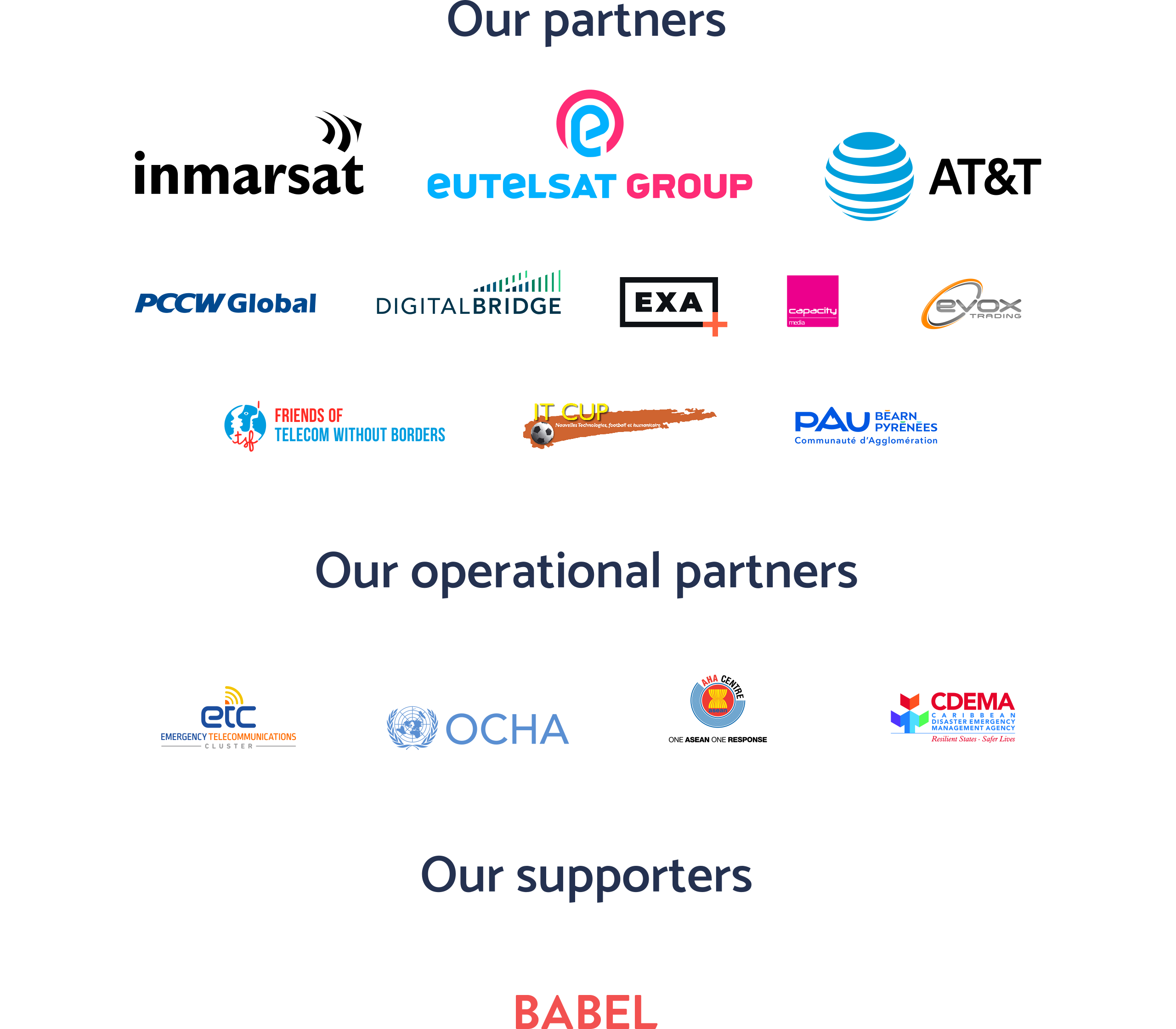


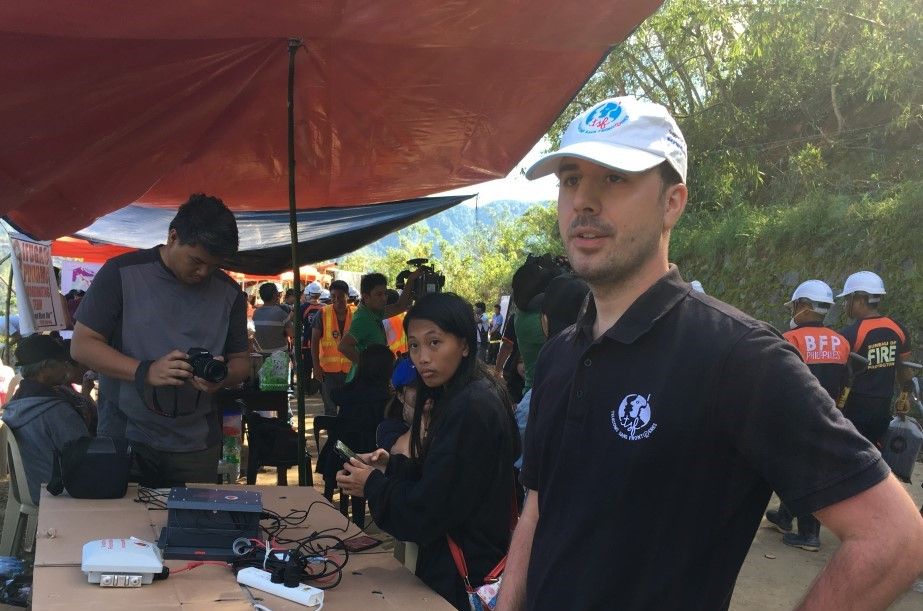



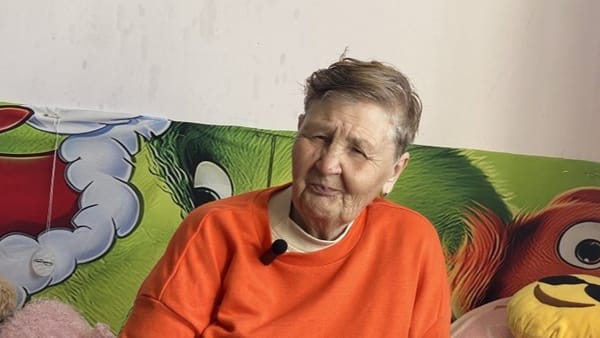
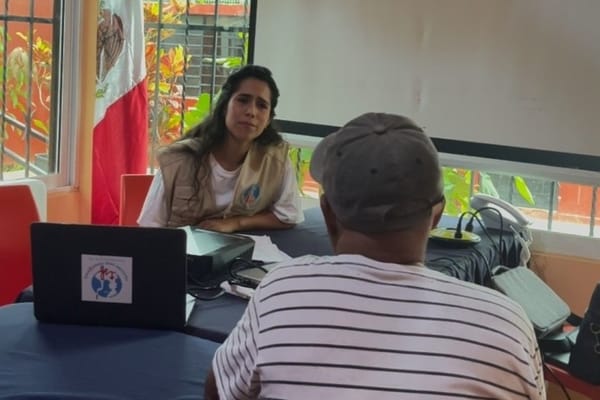

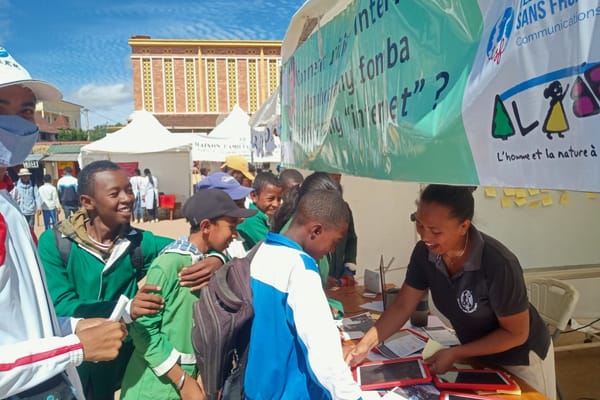
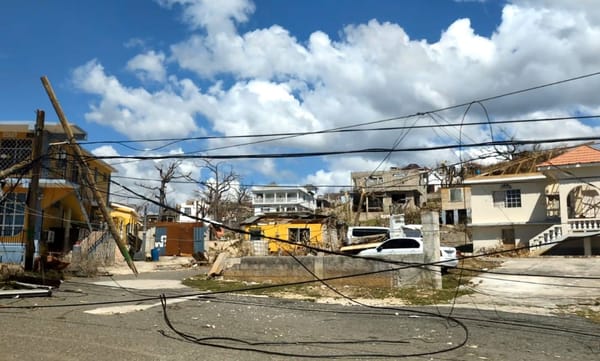
Member discussion